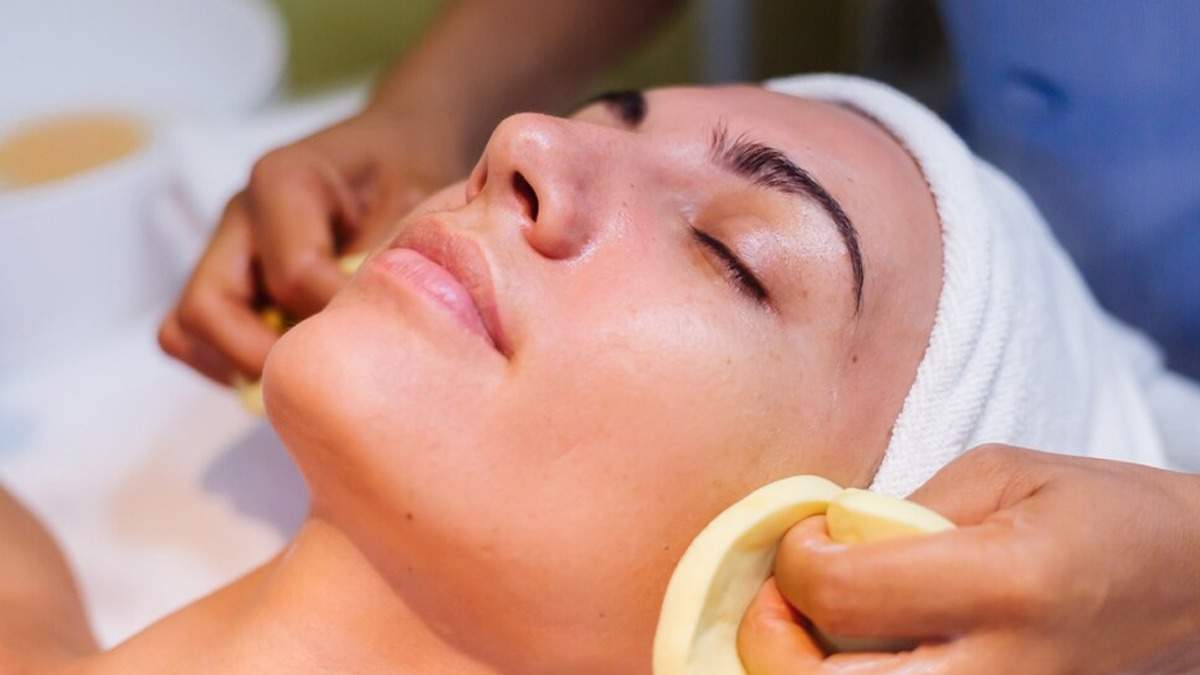Face Waxing and Skin Tightness: Debunking Myths with Dermatologist Insights
One of the doubts that surrounds face waxing is that it can make your skin loose. You may have heard other women helping you at the salon or beauticians/estheticians warning you about the consequences of waxing your face. To know if there is any truth in this statement or it is just another myth.

One of the doubts that surrounds face waxing is that it can make your skin loose. You may have heard other women helping you at the salon or beauticians/estheticians warning you about the consequences of waxing your face. To know if there is any truth in this statement or it is just another myth.
Does face waxing loosen your skin over time?
“When done correctly, face waxing usually does not loosen the skin. On the other hand, frequent waxing can lead to temporary skin tightening, especially if the skin is not kept taut throughout the process,” Dr. Deshpande said. He said that waxing has less of an effect on skin breakouts than genetics, sun exposure and natural aging. But keep in mind that "repeated stretching over a long period of time can cause some loss of elasticity, especially in people whose skin is older or naturally less elastic," he added.

Risks of Face Waxing
Besides making your skin loose, waxing your face can have many other side effects. Dr. Deshpande listed:
Frequent waxing can stretch your skin.
- Your skin can become increasingly sensitive to the waxing process over time, making each application more painful and irritating.
- Frequent waxing can also cause ingrown hairs, which can be very unpleasant because they grow back into the skin instead of out.
- If you have dark skin, you may notice darker pigmentation in areas of your skin that are waxed frequently.
However, these effects vary depending on the skin type. "In general, all skin types can experience side effects such as temporary redness, swelling, and small bumps known as folliculitis," Dr. Deshpande said. He shared the effect of regular face waxing on different skin types:
Sensitive Skin: Sensitive skin is prone to redness, irritation, and even welts or burns if the wax is too hot or if the wax contains irritating ingredients.
Acne-prone skin: Such skin is at risk of worsening existing acne or starting new breakouts through scratching and pulling during waxing, which can open pores and facilitate the spread of bacteria.
Dry or mature skin: This type of skin is more prone to breakouts, irritation and inflammation because the skin may be less supple and more fragile.
Hyperpigmentation-prone skin: This type of skin, especially darker skin types, can develop post-inflammatory hyperpigmentation as it heals from the trauma of waxing.

Safer alternatives to combat waxing
If you are looking for better alternatives to waxing for facial hair removal, Dr. Deshpande lists some good options:
Threading: Threading is a great option where a professional uses a thread to delicately detangle the hair, which is great for sensitive skin as it avoids chemicals and heat.
Laser Hair Removal: For those seeking a more permanent solution, laser hair removal may be ideal; It uses light to significantly reduce hair growth and works best when there is a clear difference between your hair and skin color.
Depilatory creams: Depilatory creams can quickly and painlessly dissolve hair beneath the surface of the skin. Be sure to do a patch test first to prevent any allergic reactions.
